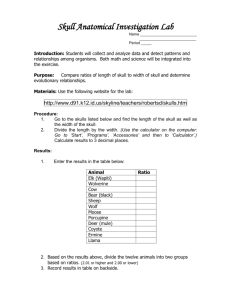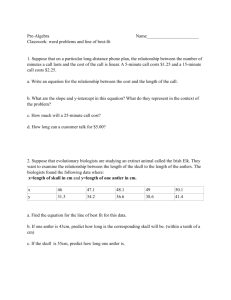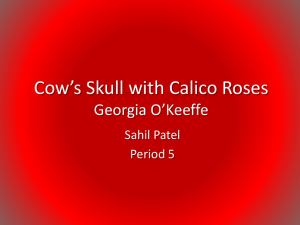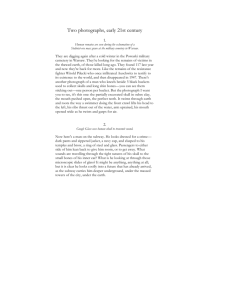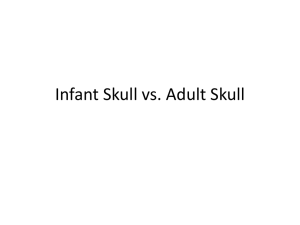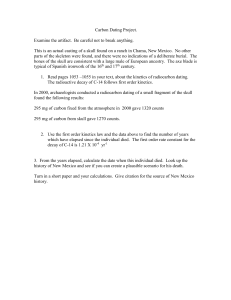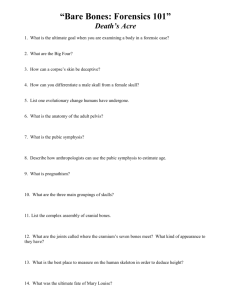Lines Engraved on a skull cup
advertisement
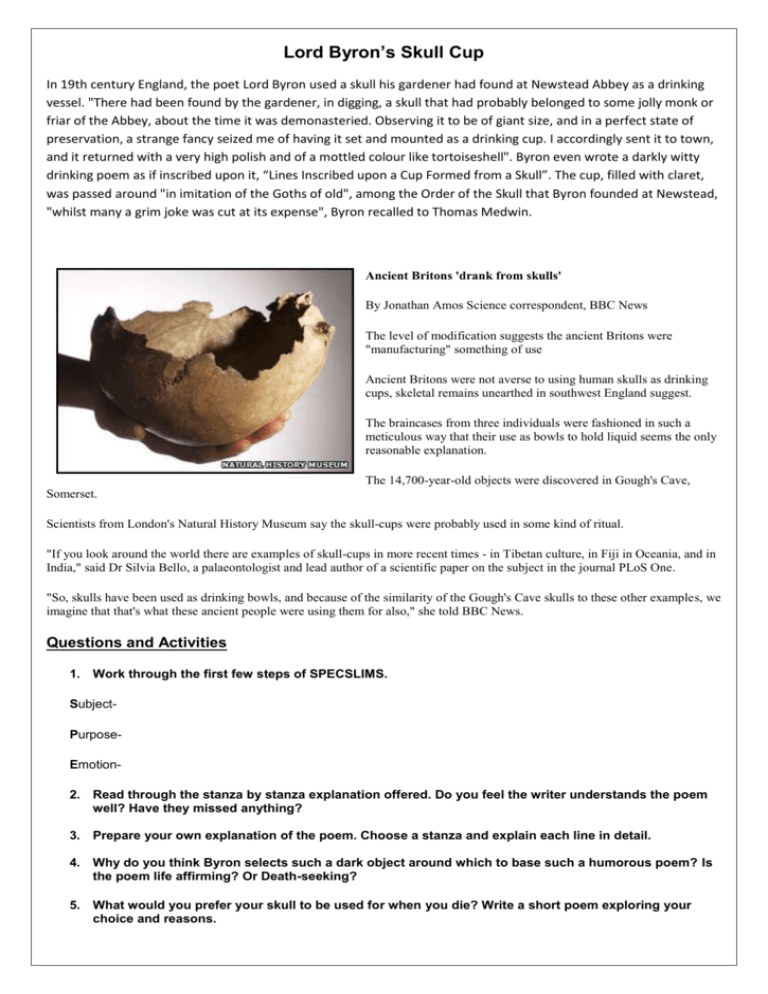
Lord Byron’s Skull Cup In 19th century England, the poet Lord Byron used a skull his gardener had found at Newstead Abbey as a drinking vessel. "There had been found by the gardener, in digging, a skull that had probably belonged to some jolly monk or friar of the Abbey, about the time it was demonasteried. Observing it to be of giant size, and in a perfect state of preservation, a strange fancy seized me of having it set and mounted as a drinking cup. I accordingly sent it to town, and it returned with a very high polish and of a mottled colour like tortoiseshell". Byron even wrote a darkly witty drinking poem as if inscribed upon it, “Lines Inscribed upon a Cup Formed from a Skull”. The cup, filled with claret, was passed around "in imitation of the Goths of old", among the Order of the Skull that Byron founded at Newstead, "whilst many a grim joke was cut at its expense", Byron recalled to Thomas Medwin. Ancient Britons 'drank from skulls' By Jonathan Amos Science correspondent, BBC News The level of modification suggests the ancient Britons were "manufacturing" something of use Ancient Britons were not averse to using human skulls as drinking cups, skeletal remains unearthed in southwest England suggest. The braincases from three individuals were fashioned in such a meticulous way that their use as bowls to hold liquid seems the only reasonable explanation. The 14,700-year-old objects were discovered in Gough's Cave, Somerset. Scientists from London's Natural History Museum say the skull-cups were probably used in some kind of ritual. "If you look around the world there are examples of skull-cups in more recent times - in Tibetan culture, in Fiji in Oceania, and in India," said Dr Silvia Bello, a palaeontologist and lead author of a scientific paper on the subject in the journal PLoS One. "So, skulls have been used as drinking bowls, and because of the similarity of the Gough's Cave skulls to these other examples, we imagine that that's what these ancient people were using them for also," she told BBC News. Questions and Activities 1. Work through the first few steps of SPECSLIMS. SubjectPurposeEmotion2. Read through the stanza by stanza explanation offered. Do you feel the writer understands the poem well? Have they missed anything? 3. Prepare your own explanation of the poem. Choose a stanza and explain each line in detail. 4. Why do you think Byron selects such a dark object around which to base such a humorous poem? Is the poem life affirming? Or Death-seeking? 5. What would you prefer your skull to be used for when you die? Write a short poem exploring your choice and reasons. Lines Inscribed Upon a Cup Formed from a Skull by Lord Byron Newstead Abbey, 1808 Start not --- nor deem my spirit fled; In me behold the only skull, From which, unlike a living head, Whatever flows is never dull. Vocabulary Quaff: to drink Revel: to party Brood: children I lived, I loved, I quaff'd, like thee: I died: let earth my bones resign; Redeemed: to be brought out of destruction and made new Fill up --- thou canst not injure me; Rhyme and Rhythm The worm hath fouler lips than thine. Start not – nor deem my spirit fled; a Better to hold the sparkling grape, In me behold the only skull, b Than nurse the earth-worm's slimy brood; From which, unlike a living head, a And circle in the goblet's shape Whatever flows is never dull. b The drink of gods, than reptile's food. Where once my wit, perchance, hath shone, In aid of others' let me shine; And when, alas our brains are gone, What nobler substitute than wine? Quaff while thou canst: another race, When thou and thine, like me, are sped, May rescue thee from earth's embrace, And rhyme and revel with the dead. Why not? Since through life's little day Our heads such sad effects produce; Redeem'd from worms and wasting clay, This chance is theirs, to be of use. Start not—nor deem my spirit fled: In me behold the only skull From which, unlike a living head, Whatever flows is never dull. Dull things flow from the heads of the living. People won't shut up about their problems. But Byron's skull cup flows with booze, which is never dull. I lived, I loved, I quaffed like thee; I died: let earth my bones resign: Fill up—thou canst not injure me; The worm hath fouler lips than thine. I lived, I loved, I got hammered. Go ahead and use my skull as a wineglass; it's better than getting chewed on by worms. Better to hold the sparkling grape Than nurse the earthworm's slimy brood, And circle in the goblet's shape The drink of gods than reptile's food. I'd rather my skull be full of wine than full of worms and bugs. Where once my wit, perchance, hath shone, In aid of others' let me shine; And when, alas our brains are gone, What nobler substitute than wine? My wit was once contained in my head, now you can drink out of my skull, and then you'll be wittier. And when our brains are gone, what better to fill the skull with than wine? Quaff while thou canst; another race, When thou and thine like me are sped, May rescue thee from earth's embrace, And rhyme and revel with the dead. Drink while you can, you'll soon be dead. And when you are, I hope somebody makes your skull into a wineglass so you can still come to parties. Why not—since through life's little day Our heads such sad effects produce? Redeemed from worms and wasting clay, This chance is theirs to be of use. Throughout life, our heads are full of sadness. Digging them up and using them as wine glasses is a happier way to use them.
